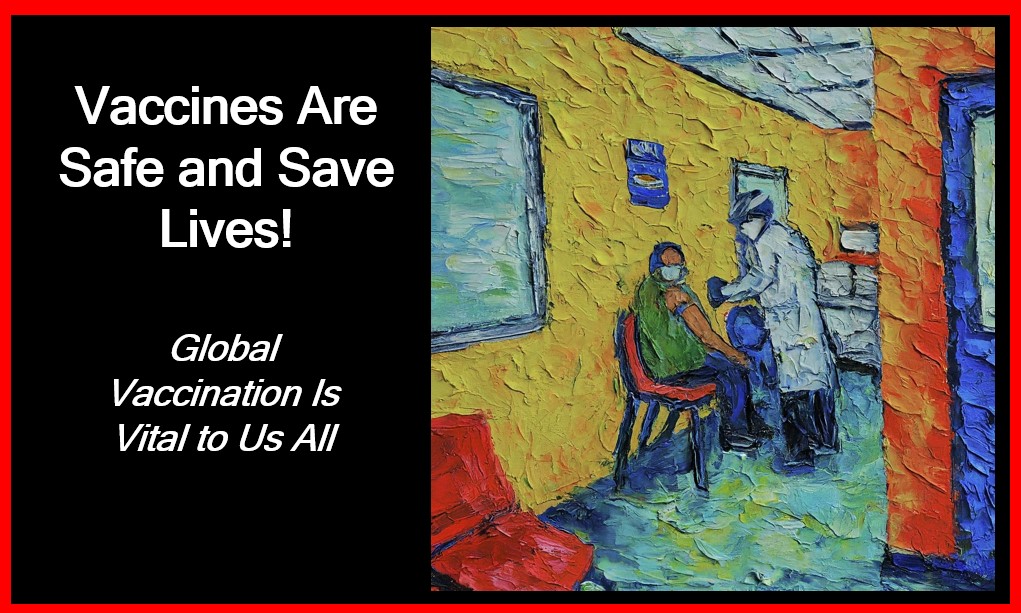By Allison Kozicharow; Edited by Elizabeth Fine
The lucky people around the world who receive quality health care get vaccines routinely from infancy through adulthood to protect themselves — and by extension, others — from many life-threatening diseases. Unfortunately, populations in underserved countries do not have access to many vaccines, and so many people, especially children, get very sick and often die. The National Library of Medicine reports that 700,000 children under age five die each year from vaccine-preventable diseases.
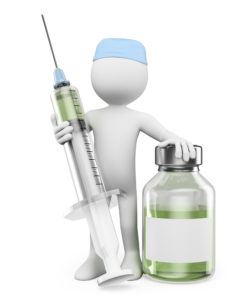 The World Health Organization (WHO) and the Centers for Disease Control and Prevention (CDC) both declare vaccines to be one of the greatest success stories in medicine and stress immunization as key to primary health care.
The World Health Organization (WHO) and the Centers for Disease Control and Prevention (CDC) both declare vaccines to be one of the greatest success stories in medicine and stress immunization as key to primary health care.
WiRED International, along with WHO, CDC and other medical experts globally, recognizes compelling scientific evidence that vaccines reduce disease, disability and death worldwide. Vaccines prevent many illnesses, such as:

When COVID-19 hit in 2020, scientists rushed to develop a vaccine, and that vaccine prevented 14.4 millions of deaths. The pandemic highlighted how quickly a deadly virus can spread globally and how the health of one person on our planet affects all others.
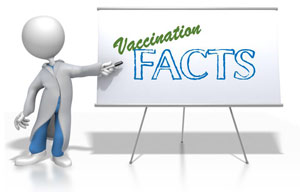 Some readers may remember the horrors of polio that ravaged the world in the early 1950s. This life-threatening disease primarily affects the nervous system and can lead to paralysis, particularly in children. Polio targets the spinal cord and brain stem that control muscle movement, leading to severe muscle weakness or paralysis. The disease also affects the muscles involved in breathing, leading to respiratory failure. This necessitated the use of iron lungs, mechanical respirators that enabled patients to breathe when their chest muscles were paralyzed. The rhythmic sound of these devices became a haunting reminder of polio’s devastating impact. Now, polio is mostly eradicated. How? Vaccines!
Some readers may remember the horrors of polio that ravaged the world in the early 1950s. This life-threatening disease primarily affects the nervous system and can lead to paralysis, particularly in children. Polio targets the spinal cord and brain stem that control muscle movement, leading to severe muscle weakness or paralysis. The disease also affects the muscles involved in breathing, leading to respiratory failure. This necessitated the use of iron lungs, mechanical respirators that enabled patients to breathe when their chest muscles were paralyzed. The rhythmic sound of these devices became a haunting reminder of polio’s devastating impact. Now, polio is mostly eradicated. How? Vaccines!
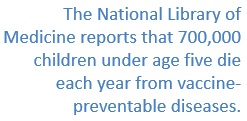 WiRED stresses the value of vaccination in all our modules when possible. During the COVID-19 pandemic we trained community health workers (CHWs) in Kenya, Uganda and Liberia to set up shot clinics and administer vaccines. We continue to advance vaccination training in order to have a reliable corps of health workers ready to administer vaccines should their services be needed to address a population-wide vaccination program. Short of vaccines, CHWs can help prepare communities for disease by teaching their communities about appropriate measures to minimize infections and keep watch for and report disease outbreaks.
WiRED stresses the value of vaccination in all our modules when possible. During the COVID-19 pandemic we trained community health workers (CHWs) in Kenya, Uganda and Liberia to set up shot clinics and administer vaccines. We continue to advance vaccination training in order to have a reliable corps of health workers ready to administer vaccines should their services be needed to address a population-wide vaccination program. Short of vaccines, CHWs can help prepare communities for disease by teaching their communities about appropriate measures to minimize infections and keep watch for and report disease outbreaks.
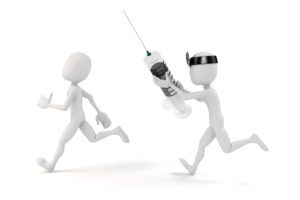
Many people continue to distrust or refuse vaccines — often through misinformation — although the scientific evidence is clear and compelling. Vaccines are safe for individuals and for the population at large. Vaccines protect individuals and populations from serious diseases that can cause suffering and death.
WiRED urges people everywhere to consider the great benefits of these medical advances and continue to speak up for vaccine advocacy and vaccine access for all.
10 Reasons to Get Vaccinated
-
- Vaccine-preventable diseases have not gone away.
- Vaccines keep you healthy.
- Vaccines are as important to your overall health as diet and exercise.
- Vaccination can mean the difference between life and death.
- Vaccines are safe.
- Vaccines cannot cause the diseases they are designed to prevent.
- Young and healthy people can get very sick, too.
- Vaccine-preventable diseases are expensive.
- When you get sick, your children, grandchildren, and parents may also be at risk.
- Everyone deserves the chance to stay healthy.

